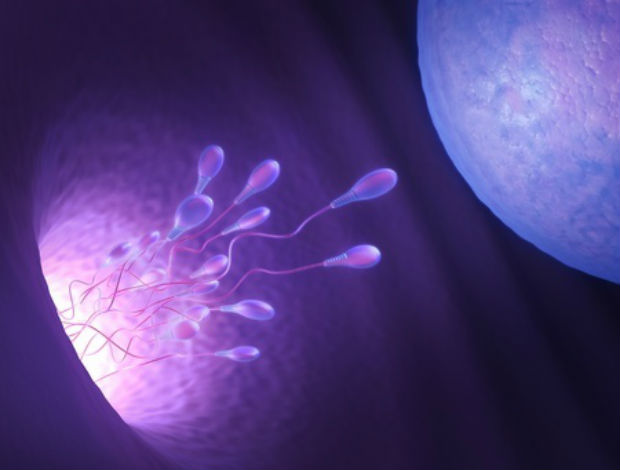Size matters when it comes to sperm dominance
PARIS, France—A tiny fruit fly has the bizarre distinction of possessing the longest sperm of any animal—20 times the length of its own body and 1,000 times that of human sperm.
Not longer in proportion to its body size, just longer. Period.
It is a freakish extreme, but as a general rule, scientists have long known that the smallest animals have the biggest sperm, and vice versa.
In a study published Wednesday, researchers said not only sperm length, but also numbers, are determined by an animal’s size.
A mouse ejaculation contains about 9.5 million sperm—each about 124 micrometers long—and that of an elephant (56 micrometers) over 200 billion sperm, they said.
For species where females mate with multiple males, sperm are in sharper competition with one another to fertilise the egg.
In small animals, larger sperm seem to have an evolutionary advantage, while in big animals it is smaller sperm in higher numbers which prevail.
The findings were published Wednesday in the journal Proceedings of the Royal Society B.
Sperm comes in all sorts of shapes and sizes.
Generally, they range in length from about 30 micrometers (0.03 millimeters), as in some whales, to about 350 micrometers for the honey possum, a 10-gram (0.35-ounce) marsupial the size of your thumb.
The tightly-coiled sperm of the fruit fly Drosophila bifurca is an incredible 5.8 centimeters (2.3 inches) long.
The team speculated that the trade-off between sperm size and numbers might have something to do with the size of female plumbing.
“Since elephants are bigger than mice, it seems that their sperm have a higher risk of being diluted or lost in the bigger female reproductive tract,” study co-author Stefan Luepold of the University of Zurich told AFP.
“In other words, sperm number becomes far more important than sperm size,” he said by email.
“By contrast, sperm dilution is less of an issue in small species, which creates conditions where the benefit of longer”—and faster-swimming—sperm may come into play.
RELATED STORIES
Autism, low IQ linked to sperm mutation in teen fathers
